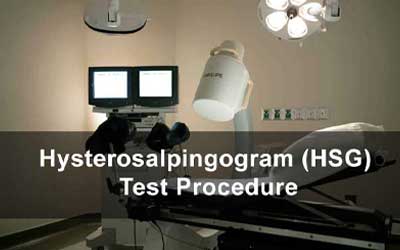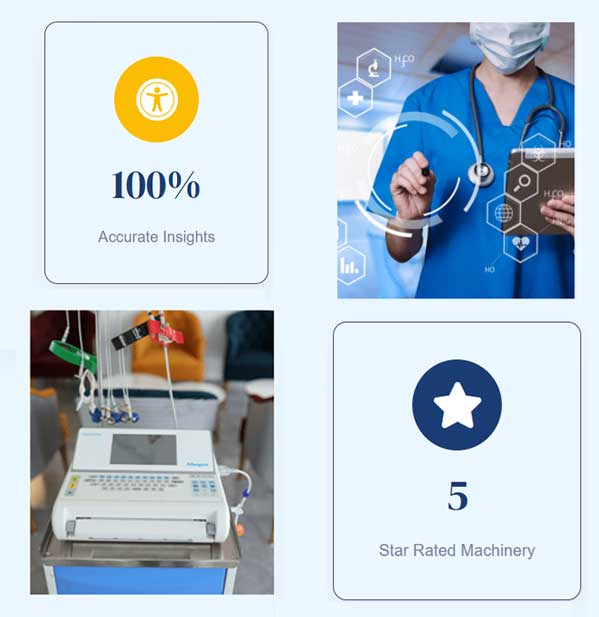HSG
Hysterosalpingogram (HSG) Test Procedure
Your doctor may have asked you to get an hsg test and you may be wondering what is the meaning of an hsg test and why you need to have it done.
Hsg test is performed as part of infertility evaluation and is one of the initial four tests that your gynaecologist is likely to request for a couple dealing with infertility. The other tests include a pelvic ultrasound, hormonal blood tests and semen analysis.
Below we discuss the hsg test procedure
- What is a hysterosalpingogram (hsg) test
- Hsg test procedure
- What to expect during a hsg test procedure?
- When is the best time to do a hsg test?
- Is the hsg test painful?

What is a Hysterosalpingogram (HSG) test procedure?
HSG stands for a hysterosalpingogram. This is a test usually performed early on when investigating possible causes of infertility in a woman.
HSG test is usually carried out to check the patency of the fallopian. This is to find out whether your tubes are open or not. Fertilization occurs in the fallopian tubes and this can only happen with open fallopian tubes-either one of the tubes.
HSG has been requested at other times for women who may be unsure about the patency of one tube following tubal surgery.
It will also tell your doctor about your endometrial cavity and may suggest that there may be polyps or adhesions within your uterine cavity. It has also been used to diagnose certain uterine anomalies.
HSG Test Procedure
A special fluid-contrast media or dye is used. The contrast media appears like a colourless fluid and about 60mls is used during the procedure. The contrast media will be pushed slowly over a few minutes through your cervix to enter into the uterine cavity and subsequently flow to your fallopian tubes. Serial X-rays will be taken at the same time as when the dye is pushed into the cervix. The serial X-rays help to show the flow of the dye into the uterus, fallopian tubes, and the pelvis (spill) since the dye is radioopaque. X-ray images will be captured and interpreted soon after the procedure.
What should I Expect during a HSG test?
- There will be an X-ray machine which may be intimidating if it’s your first time having an X-ray done.
- There will be a team rather than one person conducting the procedure least two-one operating the X-ray machine and the other conducting the procedure-pushing the dye
- The team will be wearing protective gear against X-rays
- You will have to empty your bladder; exposed-you will be required to remove your undergarments as in a pelvic examination to allow for speculum insertion, cleaning of the vulva and wiping the cervix with an antiseptic solution after which a dye will be pushed through the cervix with the help of a thin tube-catheter or cannula.
- There may be discomfort as the dye passes through the tiny fragile fallopian tubes-most doctors will prescribe pain medication one hour before the procedure to reduce the pain or discomfort
When is the best time to do a HSG test procedure?
The Timing?
The recommended timing for an HSG is after your menses (after day 5) mostly around day 9 or 10 of your cycle – and before ovulation to avoid flushing out a potentially fertilized embryo. You will need to call your clinic and schedule your appointment upon having your menses.
Will I experience Pain during the HSG test procedure?
Is the HSG test painful?
Majority of women will experience varying degrees of pain during the HSG test procedure as the dye flows through the fallopian tubes. Talk to your gynaecologist or doctor about this concern when you schedule your HSG test.
Talk to your gynecologist and clinical team about all your concerns; ask questions and find answers regarding the HSG procedure/test
